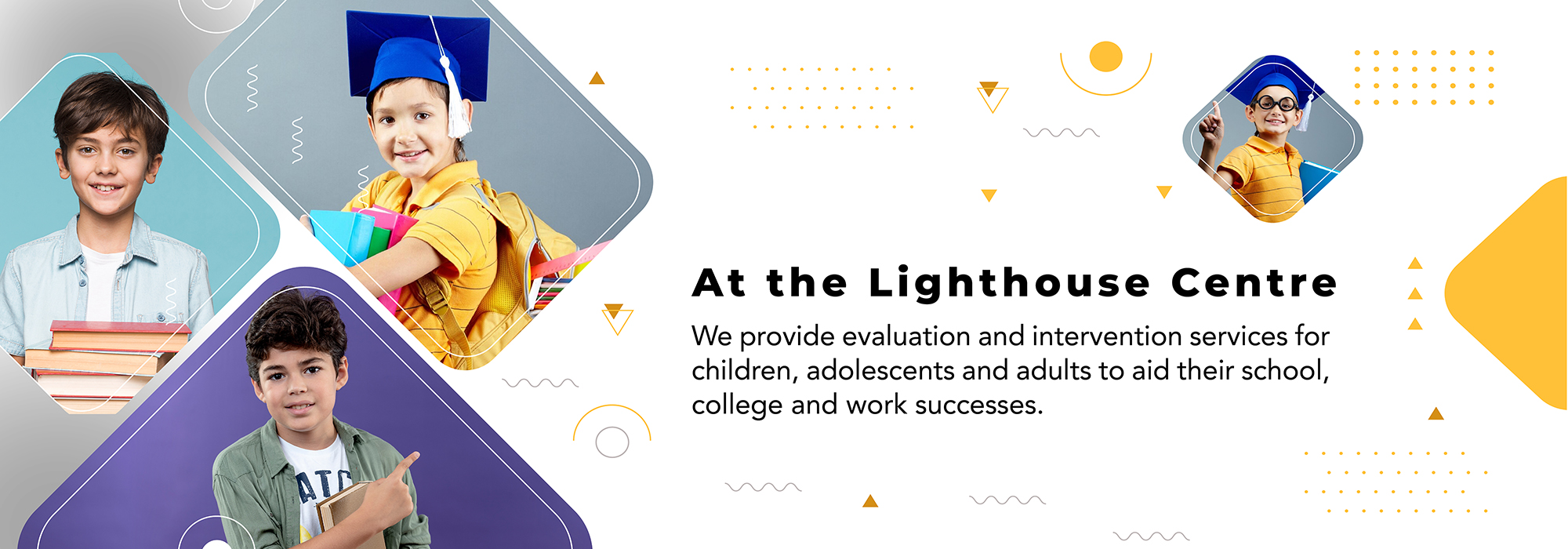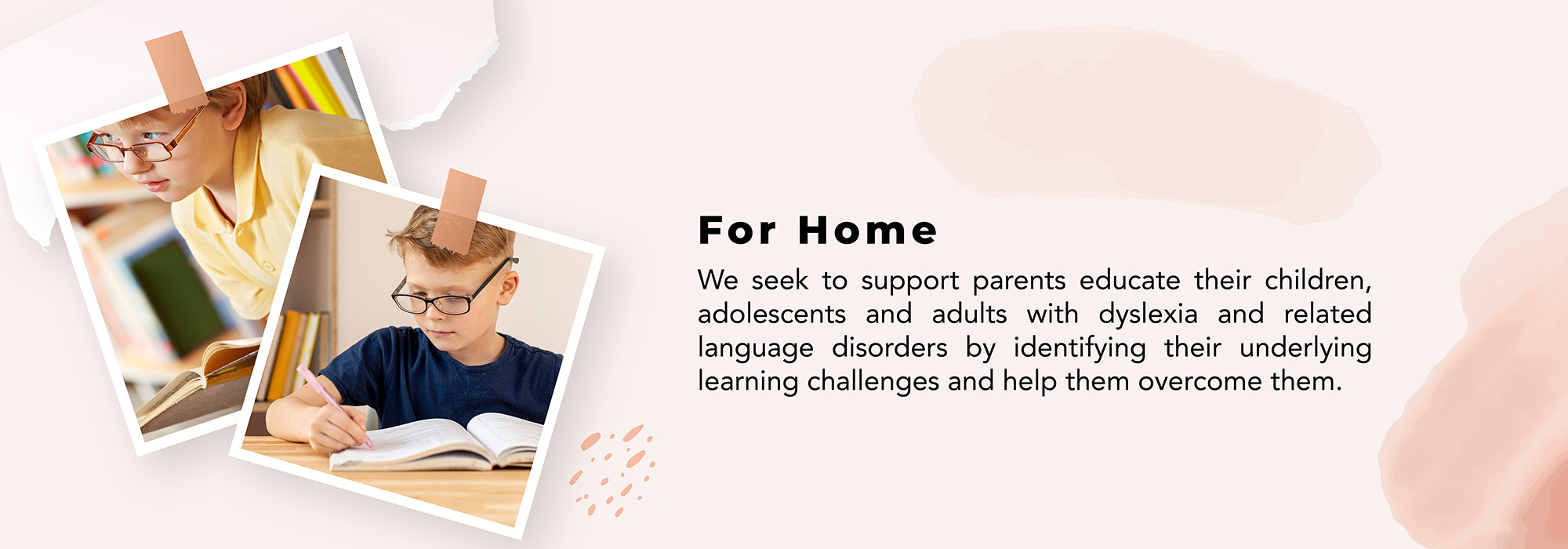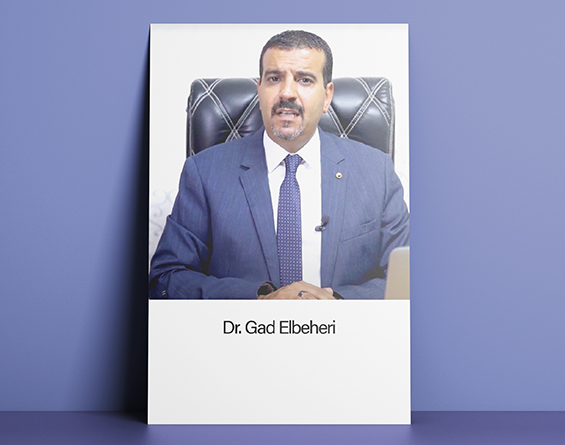What is dyslexia?

To provide an accurate assessment of dyslexia; one must first provide an agreed upon operational definition of dyslexia; for how can we assess the existence of something if we do not know what it is? Dyslexia has enjoyed an immense interest from various and diverse stakeholders such as researchers, psychologists, educators, parents, policy makers, physicians, and individuals with dyslexia since it was first coined by the German Ophthalmologist, Rudolph Berlin, in 1895. Although it was first discussed in medical circles, by 1940s educational experts started to pick up the pace and explored dyslexia and its various manifestations. Along the way, several definitions of dyslexia were proposed as a direct result of the diverse disciplines and backgrounds of the individuals engaged in investigating the condition.
The International Dyslexia Association adopted on November 12th, 2002, the following dyslexia definition: “Dyslexia is a specific learning disability that is neurobiological in origin. It is characterized by difficulties with accurate and/or fluent word recognition and by poor spelling and decoding abilities. These difficulties typically result from a deficit in the phonological component of language that is often unexpected in relation to other cognitive abilities and the provision of effective classroom instruction. Secondary consequences may include problems in reading comprehension and reduced reading experience that can impede growth of vocabulary and background knowledge”.






